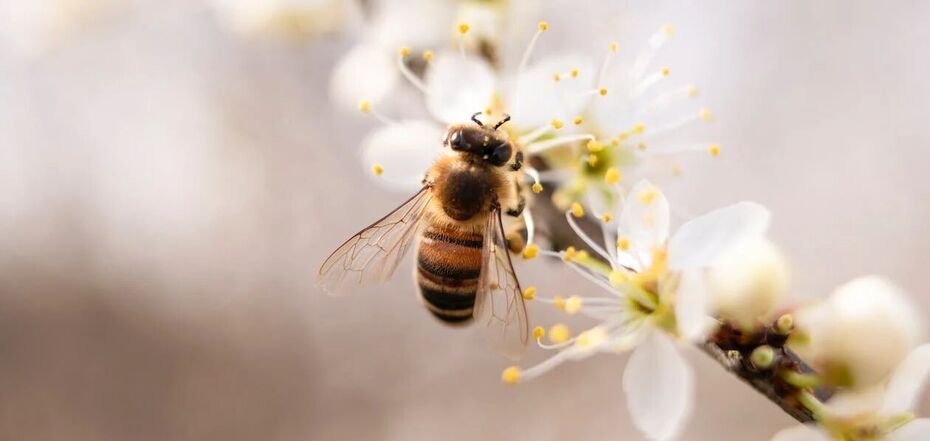Life
What to do if stung by a bee or wasp: a life-saving instruction
In summer, it is common to be stung by a wasp, bee, or hornet. If you are allergic, this can lead to negative consequences.
The number of deaths from bee or wasp stings is three times more than from snakes. OBOZREVATEL told how to act in such a situation.
To avoid undesirable consequences, you need to follow certain rules.
Try not to use strong smelling perfumes, because this only attracts insects and so they can find you faster.
When you see a bee approaching you, then do not make any sudden movements, it is better to stand still, because if you start chasing it away, it will sting you, thinking that you pose a danger.
Ice cream, sweet drinks, fruit and sweets are very attractive to insects. Be careful not to get a wasp in your mouth. Because these are the most dangerous bites.
Also be careful near flowering trees or bushes, there may be bees or hornets that will perceive you as a potential threat.
Do not open windows after sunset unless you have mosquito nets. In the evening, wasps and bees return to their nests and may fly into your home.
If you do get stung by an insect, the main thing is not to panic. First, remove the sting that the bee left on the sting site (wasp and hornet don't do this). Then wash the skin thoroughly with soapy water and lubricate with antiseptic, iodine or alcohol.
Apply a cold compress or ice. You can also make a salt compress yourself. Mix a teaspoon of soda or salt in a glass of water, moisten a clean cloth and apply to the sore spot. Be sure to take an antihistamine.
If you began to have an allergic reaction, or an insect stung your mouth or face, you feel weak and palpitations, you need to consult a doctor immediately.
Previously OBOZREVATEL told why some people are magnets for mosquitoes and how to fool them.
Subscribe to OBOZREVATEL channels in Telegram and Viber to keep up with the latest developments.



























